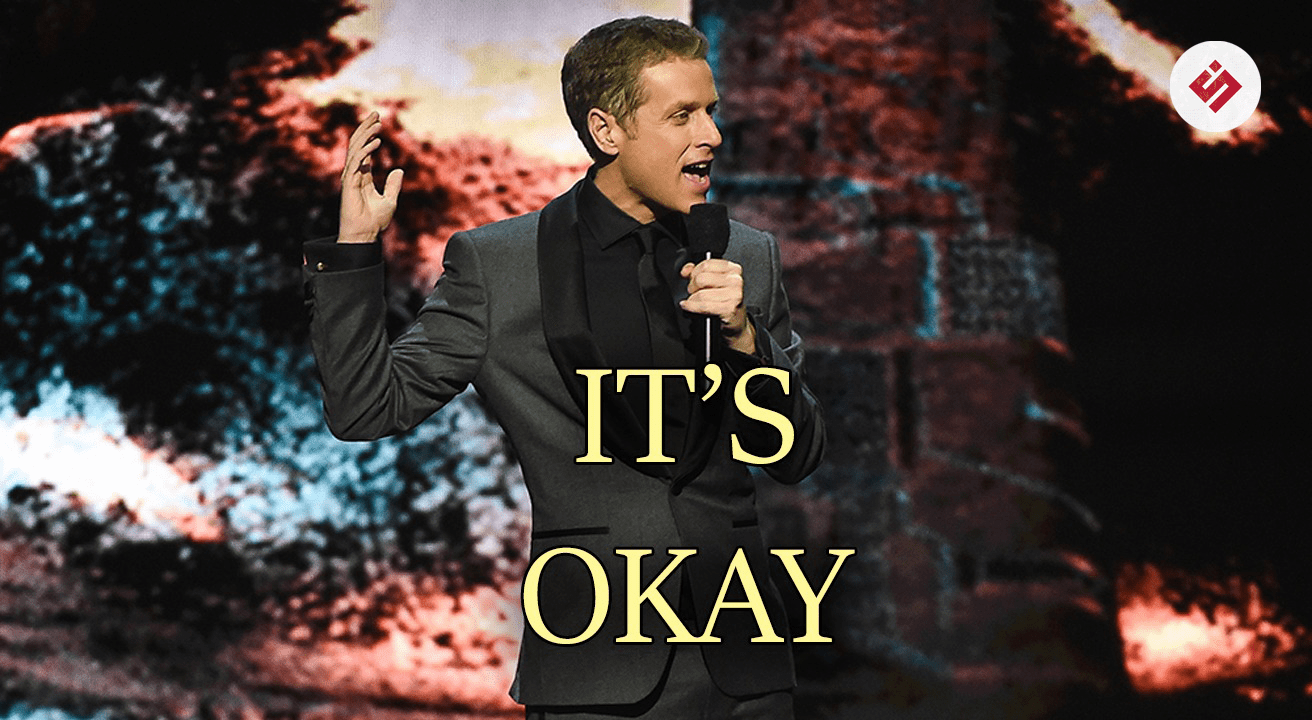
Why The Game Awards 2019 Weren’t Great, And Why They’ll Be Better in 2020
Hey everyone, it’s Danny from Spiel Times and I hope you’re having a great start to the new decade. Did you watch The Game Awards last month, were you left disappointed compared to previous years. Well, let me tell you why the Game Awards 2019 weren’t that great in 2019, and why they’ll be better this year.
The first time I watched The Game Awards, was in the year 2013. When the award show was known as The VGAs and was streamed on a variety of different channels. This was the 11th time the award show commenced and would also be the last time that it would under Spike TV. When I flipped it on, it was at an exact point where Joel Mchale disillusioned me on an aspect of the show that would continue to be relevant.
Despite his attitude as a host, which is only hilarious in retrospect, Joel Mchale who would later go on to do Netflix’s The Joel with Mchale Joel Show Mchale is actually speaking very eloquently about an aspect of the games industry. Dedicated fans of interactive entertainment get just as excited about reveal trailers, developer interviews, and reviews as they get excited about playing the games themselves. All of which, are at the end of the day, videos that are meticulously thought-out marketing ones that are supposed to keep you throwing money at different corporations.
Geoff Keighley, who cohosted alongside Mchale is the man who has been behind this show from the beginning, despite all the jokes that people on the internet make about him, he’s actually a very fascinating figure in the games industry. He started working as a freelance journalist for various publications when he was only 13-years-old, with a majority of his teenage years spent previewing games and doing profiles on various figures in the industry. I’ve read a lot of his stuff over the years, but highlights include a 7 part background piece (http://web.archive.org/web/20000915215252/http://www.gamespot.com/features/btg-daikatana/p4_02.html) he did on John Romero and Daikatana and a very fascinating feature article with a very different Valve we have today, as they pushed through the final hours of Half-Life 2’s development.
If you take the time to read these you can see Keighley is an incredible writer, one that excels not just because he’s incredibly smart and knowledgeable about developers and video game companies, but because he also cares tremendously about people and those that consume their art.
This care is the thing that allowed Keighley and his team to come a long way since the Spike Video Game Awards. Making strides in production values and game reveals while also allowing the show, now dubbed The Game Awards, to be a platform for meaningful voices in the games industry (insert Greg Miller speech).
However, after watching this year’s presentation I was left disappointed, and I think others were too. This particular year was rife with what was seemingly more product placements than usual, guests being rushed off the stage, and seemingly less significant game reveals than before. Why? Well, there’s probably a couple of reasons.
While their presence at E3 this year was smaller, each of the major console makers have their own form of streaming presentation where they announce major game reveals, Microsoft, Sony, and Nintendo probably see it more appealing to make announcements in-house where they can control the messaging as much as possible. Controlling the message is one of the most important parts of marketing with any company or industry, a bad host or other announcements you were unaware of, can undercut and make or break entire projects’ success. You only get a chance at a first impression once, and if that first-impression leads directly into a trailer to the new Halo or Josef Fares going on a rant about Hollywood than that’s what your game will be largely remembered or forgotten by.
Another reason why there was less game reveals is that as time has gone (especially in this decade which featured multiple growing pains for the industry) video games take a longer amount of time to create. With the development cycle at major companies sometimes exceeding 3-5 years to turn around software.
Since we’re in between console generations as well, the large majority of projects in development are being transitioned or waiting to be introduced alongside formal console reveals. Sure, we got the announcement of the next Microsoft Xbox console during this year’s show, but Microsoft is likely waiting to reveal a significant portion of its existing and upcoming library when they have their formal event. Even PlayStation, despite not having a presence at E3, not conducting a PlayStation Experience, and having multiple State of Play’s which were fairly thin on news, had little to present. Nintendo’s kept their cards almost completely close to their hand as well as they hit the mid-cycle of their own console generation. Once the console manufacturers have their large overview events, we should expect a large number of reveals and teases at the 2020 Game Awards.
However, none of these reasons are an excuse for severely limiting acceptance speeches.
At the end of the day, we shouldn’t be mad about there not being the commercials we wanted from The Game Awards this year. It sends the wrong message to Keighley and his team, we instead we should be championing that the award winners and figures in the industry are allowed to have the one platform they receive to thank and speak to the larger general audience of video games.
Hey everyone, thank you so much for reading/watching. If you haven’t followed us on Twitter, you can do so @SpielTimes and if you want to follow me as well my username is @ShadowForks. I hope you all have a great start to the new decade.